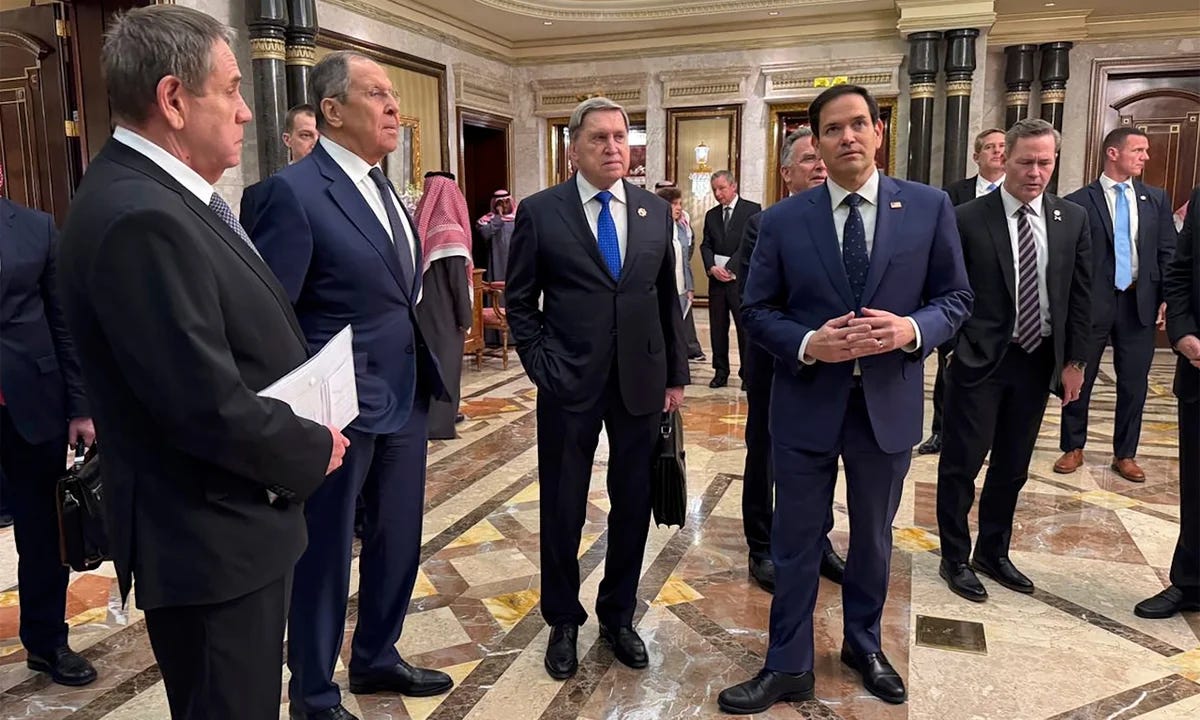U.S. and Russia Hold Secretive Talks in Saudi Arabia Over Ukraine, Without Ukraine at the Table
Behind Closed Doors: How Washington and Moscow Are Negotiating Ukraine’s Future Without Kyiv at the Table
In a major diplomatic development, high-level delegations from the United States and Russia met in Riyadh, Saudi Arabia, for direct talks regarding the ongoing war in Ukraine. The meeting, which lasted over four hours, resulted in significant agreements between Washington and Moscow, but notably excluded Ukraine from the discussion.




